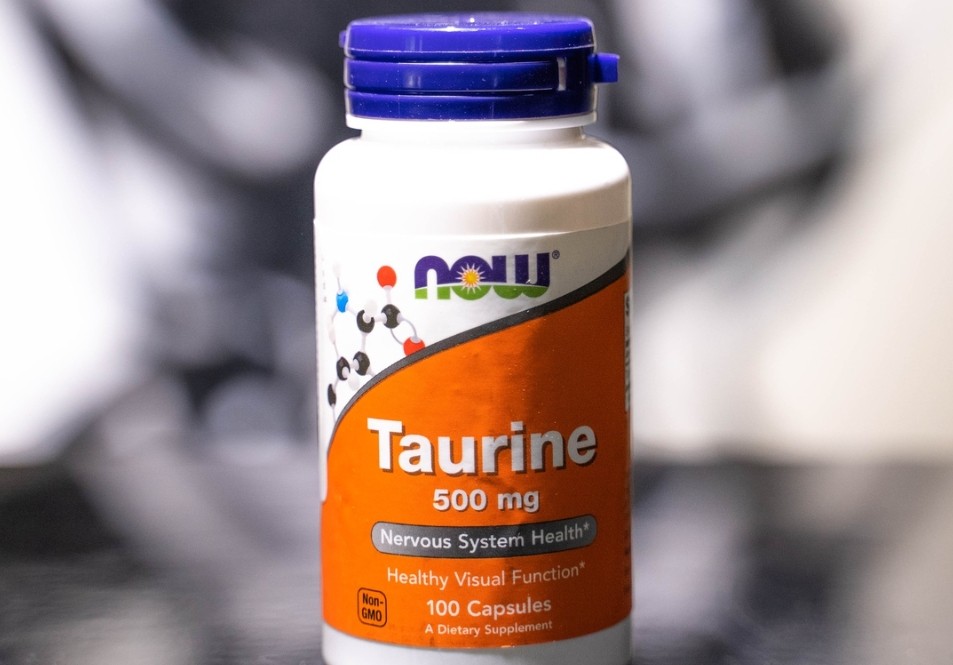Introduction
In the realm of cognitive enhancement and brain health, individuals are increasingly turning to nootropics – compounds known for their potential to boost cognitive function, memory, and overall mental well-being. One such nootropic gaining attention for its diverse benefits is taurine. This amino acid, often found in energy drinks, has been studied for its role in various physiological processes and its potential cognitive-enhancing properties. In this comprehensive guide, we will explore the benefits of taurine, its mechanisms of action, and how it fits into the landscape of nootropics.
Understanding Taurine
Taurine is a sulfur-containing amino acid that is naturally found in the body, particularly in high concentrations in the brain, heart, and muscles. Despite being categorized as an amino acid, taurine is not involved in protein synthesis. Instead, it serves various important functions related to neurotransmission, antioxidant defense, and bile salt formation.
Neurotransmitter Modulation
Taurine acts as a neuromodulator, influencing the activity of neurotransmitters in the brain. It interacts with the GABAergic system, facilitating the inhibitory effects of GABA (gamma-aminobutyric acid), a primary neurotransmitter with calming effects. This modulation contributes to taurine’s potential role in stress reduction and anxiety management.
Antioxidant Properties
Taurine is a potent antioxidant, helping to protect cells from oxidative stress. It scavenges free radicals and supports the body’s natural defense mechanisms against oxidative damage. This antioxidant capacity is crucial for maintaining cellular integrity and may contribute to overall brain health.
Cardiovascular Support
Taurine plays a role in cardiovascular health by supporting the function of the heart and blood vessels. It helps regulate blood pressure, improve arterial function, and may reduce the risk of cardiovascular diseases. The cardiovascular benefits of taurine may indirectly contribute to improved blood flow to the brain, enhancing cognitive function.
Modulation of Calcium Homeostasis
Taurine is involved in the regulation of calcium levels within cells. Proper calcium homeostasis is essential for numerous cellular processes, including neurotransmitter release and signal transduction. Taurine’s influence on calcium modulation may contribute to its neuroprotective effects.
Anti-Inflammatory Effects
Chronic inflammation is implicated in various neurological disorders and cognitive decline. Taurine exhibits anti-inflammatory properties, potentially reducing inflammation in the brain and supporting overall neuroimmune function. This anti-inflammatory action may contribute to its cognitive-enhancing effects.
Benefits of Taurine in Nootropics
Taurine, when incorporated into nootropic formulations, may offer several cognitive benefits. Its unique mechanisms of action, combined with its safety profile, make it a noteworthy addition to cognitive enhancement strategies.
Stress and Anxiety Reduction
Taurine’s interaction with the GABAergic system suggests an anxiolytic (anxiety-reducing) effect. By enhancing GABAergic activity, taurine may promote a calming effect on the brain, helping individuals manage stress and anxiety. This benefit can be particularly valuable for those seeking cognitive enhancement in high-stress situations.
Improved Focus and Attention
As a neuromodulator, taurine may enhance focus and attention. By influencing neurotransmitter activity, taurine could optimize the balance between excitatory and inhibitory signals in the brain, potentially leading to improved cognitive performance, especially in tasks requiring sustained attention.
Neuroprotective Effects
The antioxidant and anti-inflammatory properties of taurine contribute to its neuroprotective effects. By scavenging free radicals and reducing inflammation, taurine may help protect neurons from damage and support overall brain health. This neuroprotective role aligns with the goals of nootropic supplementation for long-term cognitive well-being.
Enhanced Memory Function
While more research is needed, preliminary studies suggest that taurine may play a role in memory function. Its influence on neurotransmitters and calcium modulation may contribute to improved synaptic plasticity, facilitating the formation and consolidation of memories.
Mood Enhancement
Taurine’s impact on the GABAergic system extends to its potential mood-enhancing effects. By promoting a balanced neurotransmitter environment, taurine may positively influence mood and emotional well-being. This mood-enhancing property can be advantageous for individuals seeking a nootropic that addresses both cognitive and emotional aspects of performance.
Cognitive Resilience
Taurine’s multifaceted benefits, including its antioxidant and anti-inflammatory actions, contribute to cognitive resilience. By supporting overall brain health and protecting against oxidative stress, taurine may help maintain cognitive function and delay age-related cognitive decline.
Practical Considerations and Safety
Dosage and Formulation
Determining the appropriate dosage of taurine within a nootropic stack requires consideration of individual factors such as age, weight, and overall health. Additionally, the formulation of the nootropic supplement, including other ingredients and their interactions, should be taken into account. Starting with a lower dose and gradually titrating up is advisable.
Source and Purity
The source and purity of taurine in nootropic supplements are crucial. High-quality taurine sourced from reputable manufacturers ensures the absence of contaminants and optimal efficacy. Third-party testing for purity is a key indicator of the quality of the taurine supplement.
Interactions with Medications
Individuals taking medications, especially those affecting neurotransmitter systems, should consult with a healthcare professional before incorporating taurine nootropics into their routine. Taurine’s interaction with GABA receptors and potential effects on neurotransmitter balance may influence the efficacy or safety of certain medications.
Individual Response
Like any nootropic, individual response to taurine can vary. Factors such as genetics, overall health, and lifestyle can influence how the body responds to taurine supplementation. Monitoring cognitive performance, mood, and overall well-being can help individuals assess the impact of taurine on their cognitive enhancement goals.
Conclusion
Taurine’s inclusion in the realm of nootropics brings a unique set of benefits grounded in its neuromodulatory, antioxidant, and anti-inflammatory properties. As individuals seek cognitive enhancement strategies that go beyond immediate effects and contribute to long-term brain health, taurine stands out as a promising addition to the nootropic landscape.
Understanding the multifaceted roles of taurine in neurotransmission, antioxidant defense, and cardiovascular support provides valuable insights into its potential cognitive benefits. When integrated into nootropic formulations, taurine may offer stress reduction, improved focus, memory support, and overall cognitive resilience.
As with any nootropic or dietary supplement, a thoughtful and individualized approach is essential. Consulting with a healthcare professional, monitoring individual responses, and selecting high-quality taurine supplements contribute to a safe and effective incorporation of taurine into a cognitive enhancement strategy. In the evolving field of nootropics, taurine’s unique properties position it as a noteworthy contender for those seeking cognitive optimization and long-term brain health.
- Comprehensive Review of the Best CBD Oils Top Picks and Insights By swdistro - September 20, 2024
- Complete Review of the Top CBD Gummies By Golden Goat CBD - August 23, 2024
- Pine Queen Dream Marijuana Strain A Comprehensive Guide - December 14, 2023



